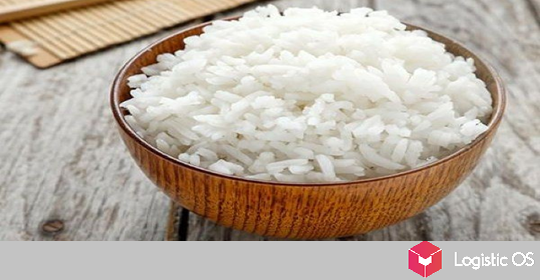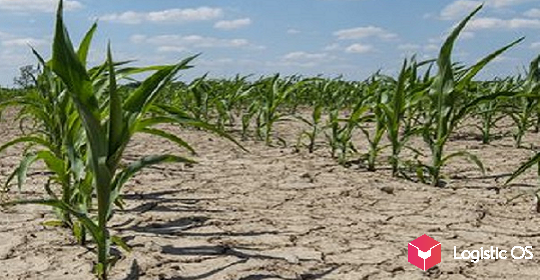According to experts, given the current situation, import quotas for such seeds may not be required in the future.
The latest data show that Russia has almost fulfilled the import substitution task in terms of sunflower seeds. The level of provision with them may reach 95% in the foreseeable future.
The dynamics observed recently cannot but please, experts note. If 4 years ago the use of seeds of domestic selection did not exceed 25%, then as of 2025 it has already reached 70%.
At the same time, 50% are Russian hybrids, which show a higher yield than non-hybrid plants.
As for forecasts for the future, next year the level of provision of Russia with sunflower seeds is expected to be at 95%.
This means that the import substitution program in this area will be fulfilled, since the value of 95% is higher than the goal set by this program.
In other words, it is not necessary to completely abandon imports, it is only important to reduce their share to safe values. And we see that this has already been almost done.
For this reason, quotas on sunflower seed imports may be canceled in the near future, analysts note.
Significant progress is also expected for other crops. For example, according to available data, the share of domestic corn seeds created by Russian breeders today is about 60%.
As for sugar beets, the situation is less optimistic: this figure is about 20%. However, it is worth remembering that 4 years ago it was about 2%.
Thus, we have an order of magnitude increase.
In 2026, it is expected that Russian farmers will use Russian sugar beet seeds in 40% of cases. At this rate, it is quite possible to expect that by 2030 the tasks of self-sufficiency in sugar beet seeds of our own selection will be fully accomplished.
The situation with potatoes is not the most rosy yet either: Russian varieties make up no more than 10%. Experts note that there are promising developments in this regard, but they still need to be implemented in production.
Overall, the share of domestically bred seeds has grown from 62% to 67% over the past year, analysts report. However, the government does not plan to completely close imports yet.
While foreign seeds are practically no longer required for certain types of agricultural crops, the situation is much more complicated for others, and imported products can contribute to higher yields until domestic breeders come up with better solutions.

